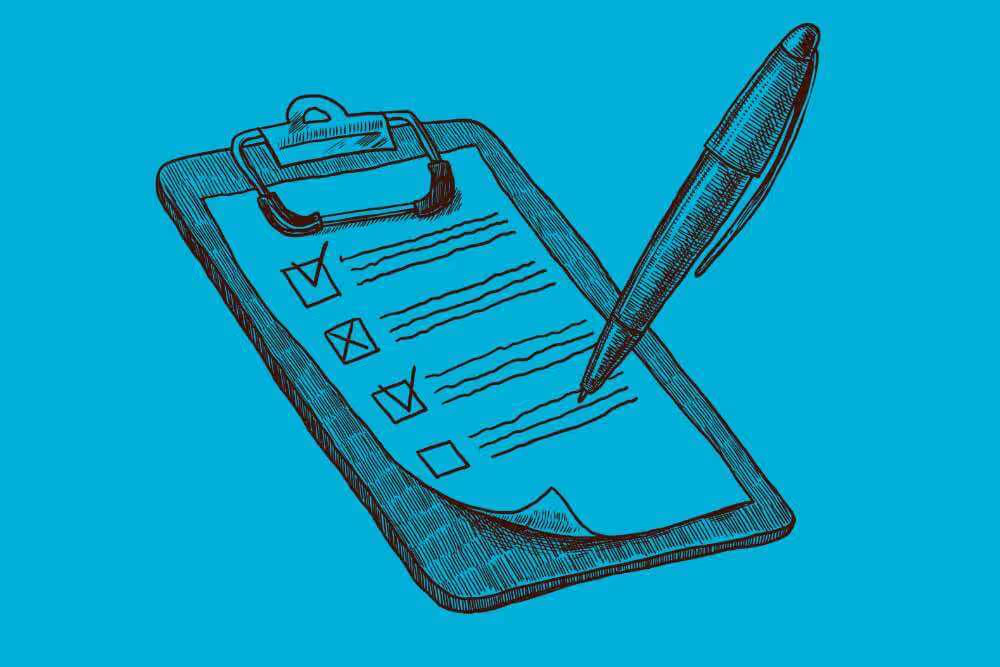Increase VA Mental Health Rating From 70% to 100% — Step-by-Step Guide
Key Takeaway
Work With a Veterans Service Officer (VSO)
I encourage you to work alongside a Veterans Service Officer (VSO) throughout this process. VSOs bring invaluable system knowledge that complements clinical assessment perspectives. While I can offer insights based on my understanding of mental health evaluations, the claims process involves complexities that benefit from their specialized expertise.
Understanding VA Mental Disorder Disability Ratings
How Your Current Rating Is Determined
When you received your Rating Decision Letter, it provided three key pieces of information:
- Your current rating percentage
- The documented symptoms that determined this percentage
- The symptoms that would need to be present for the next highest rating level
Your disability rating percentage reflects which mental health symptoms you're experiencing and their impact on your daily functioning. Each symptom falls within a specific "level of impairment" that corresponds to a rating percentage. The VA's General Rating Formula for Mental Disorders outlines these symptom classifications.
While this may appear straightforward, the reality involves more complexity than initially meets the eye.
Feeling confused? Get clarity with this Guide to VA Disability Claims.
Why Mental Health Ratings Require Clinical Interpretation
Unlike many legal documents with precise definitions, the symptoms listed in rating criteria often lack standardized clinical definitions. Some symptoms do have clear parameters—such as panic attacks occurring more than once weekly—but many others rely on clinical judgment regarding:
- Symptom severity and frequency
- Functional impairment levels
- Individual presentation variations
- Impact on daily living activities
This means two qualified examiners reviewing identical symptom presentations might reasonably arrive at different impairment levels, each reflecting valid clinical perspectives on how symptoms affect overall functioning. Some examiners consider the predominant symptom pattern, while others focus on the most significantly impairing symptom present.
Moving From 70% to 100%: What the VA Looks For
When you have a 70% rating for mental disorders, the next step up is 100%. The symptoms that fall under the 100% rating for mental disorders reflect severe functional impairment:
- Gross impairment in thought processes or communication
- Persistent delusions or hallucinations
- Grossly inappropriate behavior
- Persistent danger of hurting self or others
- Intermittent inability to perform activities of daily living (including maintenance of minimal personal hygiene)
- Disorientation to time or place
- Memory loss for names of close relatives, own occupation, or own name
These criteria represent profound levels of impairment that may not capture the full spectrum of how mental health conditions affect veterans' ability to function in work, relationships, and daily life.
Many veterans experience significant worsening of symptoms that profoundly impacts their quality of life, yet their symptom presentation may not align with these specific 100% criteria. This doesn't diminish the validity or severity of your experience—it reflects limitations in how complex mental health presentations are categorized.
Preparing for a Rating Increase Request
The VA Disability Claim process can be emotionally demanding. Understanding the requirements helps you make informed decisions about moving forward, so you can protect your emotional wellbeing.
Self-Assessing Your Symptoms
Begin by thoughtfully reviewing the General Rating Formula for Mental Disorders and/or your most recent Rating Decision letter. Compare your symptoms with the symptoms listed under each level of impairment, so you can understand how your symptoms align with the VA's current rating criteria.
Gathering Strong Medical Evidence
If your symptom pattern aligns with 100% criteria and your condition has worsened since your last rating, you can request a rating increase. The VA should schedule a Review examination to assess your current level of functioning.
You have options for supporting your claim:
- Proceed with the VA's examination process
- Provide an Independent Medical Examination (IME) with your initial claim
- Wait for the decision and consider an IME if needed for appeals
Each approach has merit depending on your specific circumstances and the strength of your existing medical evidence.
Ready to move forward?
Alternative Path: Total Disability Individual Unemployability (TDIU)
How the VA Evaluates IU Claims
If your symptoms don't meet the specific 100% criteria but significantly impact your ability to work, Individual Unemployability offers another route to total disability compensation. This pathway recognizes that mental health conditions can prevent sustainable employment even when symptoms don't fit the traditional 100% framework.
Documenting Work-Related Limitations
IU considers whether your service-connected disabilities prevent you from securing or maintaining substantially gainful employment. The VA evaluates:
- Your work and education history
- Medical evidence documenting functional limitations
- How your symptoms specifically impact work-related activities
This option acknowledges that mental health conditions affect each veteran differently, and employment capacity may be severely compromised even when symptoms don't align with traditional rating criteria.
How Fieldstone Mental Health Can Support Your Claim
Fieldstone Mental Health provides a comprehensive assessment for IU claims, documenting your current impairment level and provides clear evidence of how your symptoms create barriers to obtaining and maintaining steady employment.
Need the TDIU alternative path?
Frequently Asked Questions
Continue Reading

"Everyone feels like this” isn’t always the truth.
What you think is normal may actually be a symptom that shouldn't be overlooked. This free checklist includes 25 symptoms you may have been dismissing.

At Fieldstone Mental Health, we help eligible veterans access earned VA disability benefits through accurate mental health documentation while providing the answers and validation they deserve.
Our licensed psychologist understands military culture, catches what others miss, and provides VA-compliant Independent Medical Examinations and Nexus Letters that recognize the true impact of service.
Available remotely in PSYPACT participating states: AL, AZ, AR, CO, CT, DE, DC, FL, GA, ID, IL, IN, KS, KY, ME, MD, MI, MN, MO, MS, MT, NE, NV, NH, NJ, NC, ND, OH, OK, PA, RI, SC, SD, TN, TX, UT, VA, VT, WA, WV, WI, WY. View Map →



.avif)

